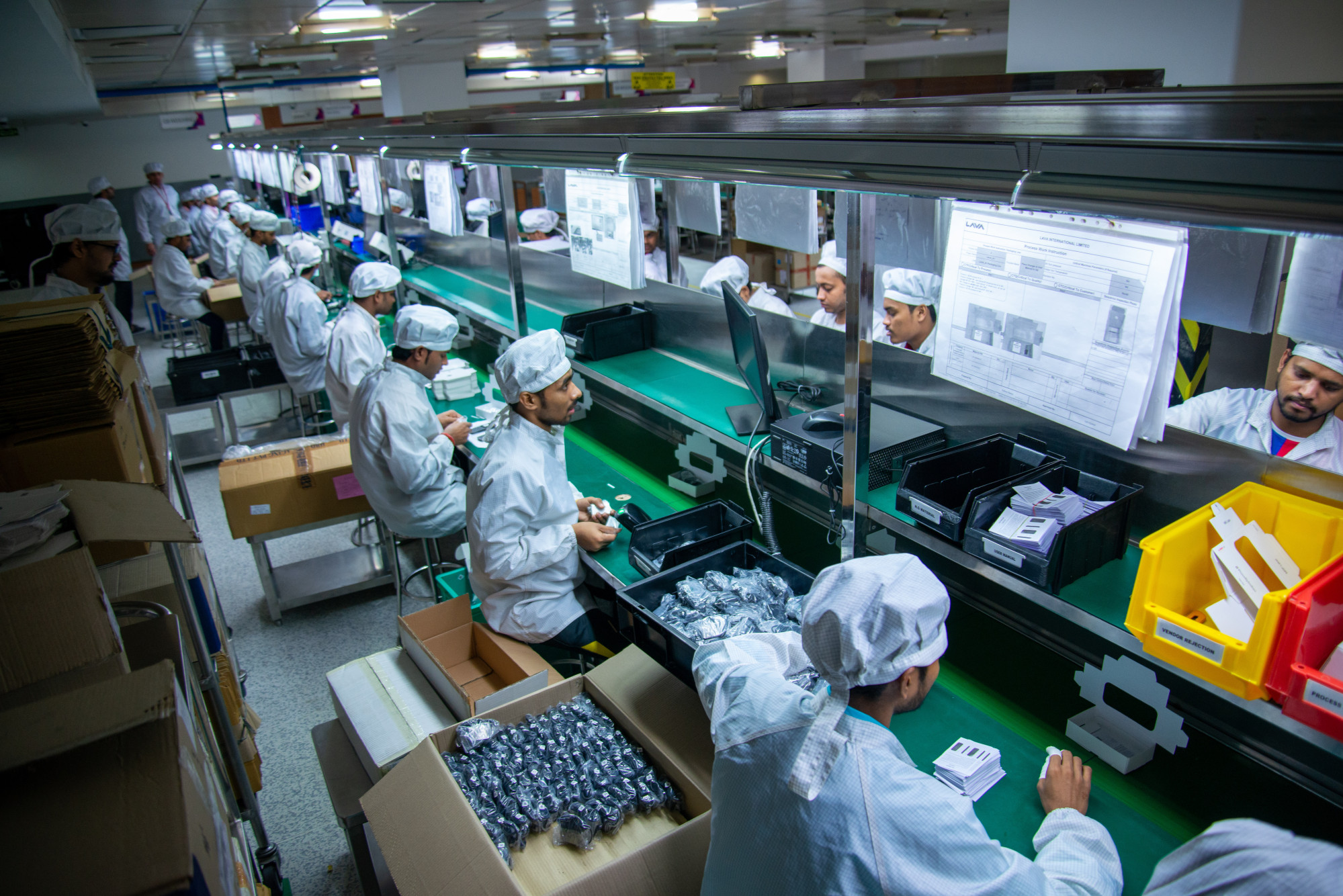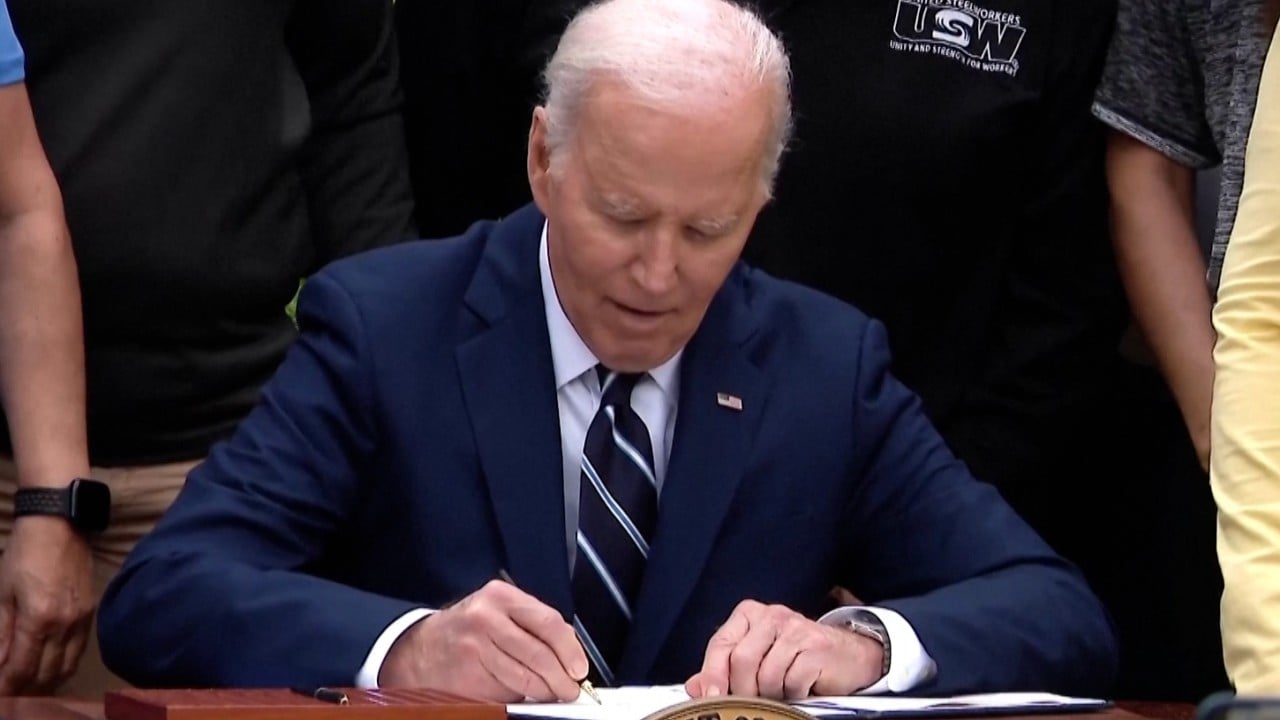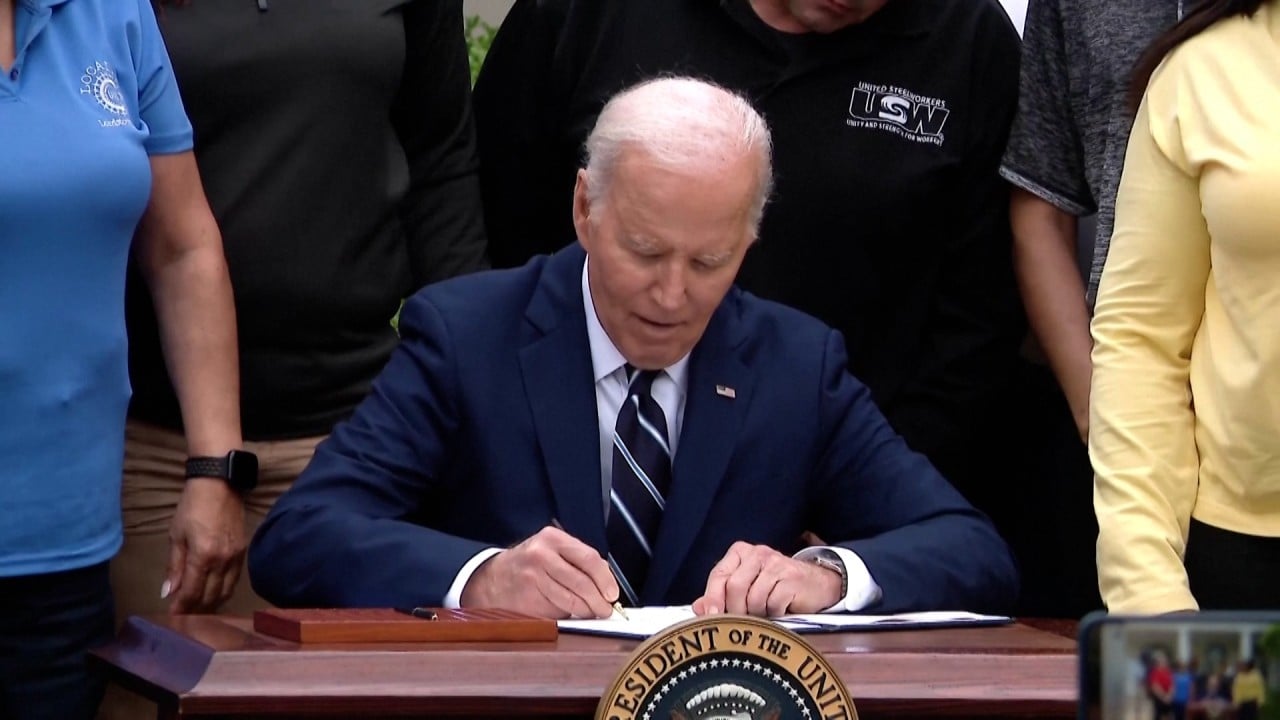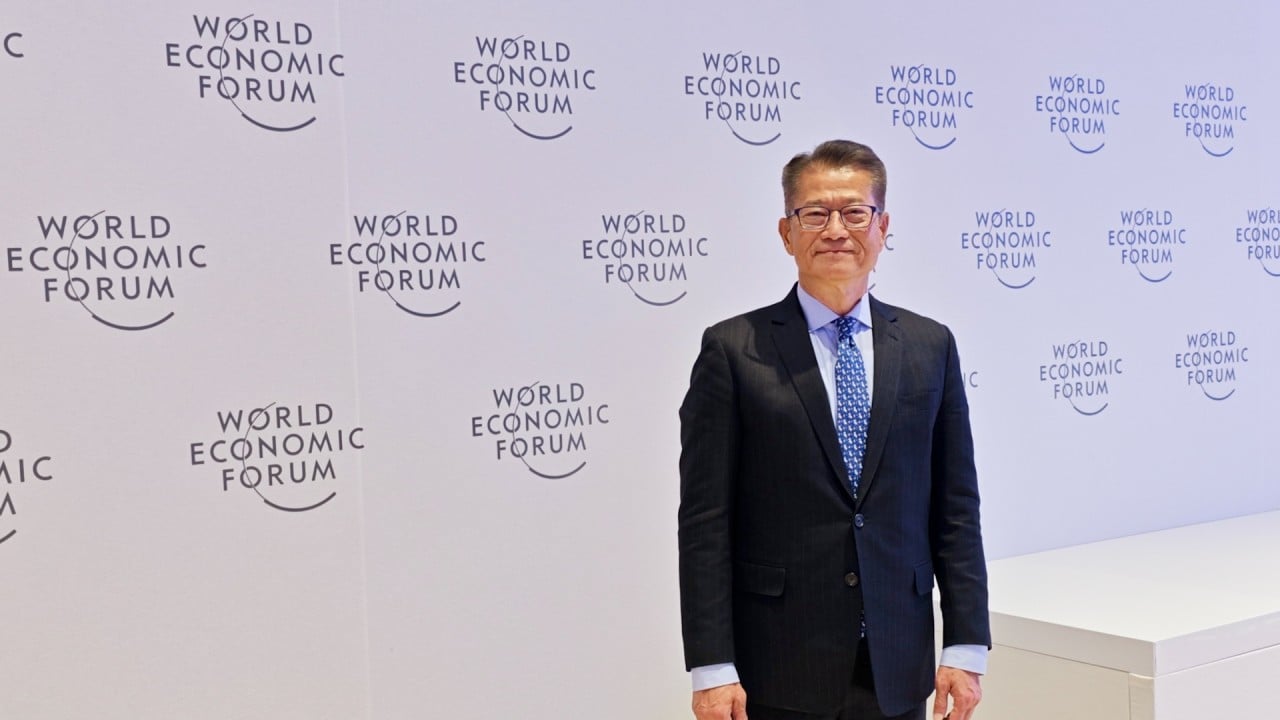Supply chains are becoming increasingly complex and fragmented. While these shifts are resulting in economic benefits for emerging and developing countries with strong manufacturing sectors in the Asia-Pacific, not all businesses are positioned to succeed.
The small and medium-sized enterprises (SMEs) that form the backbone of global supply chains anchored in the region still lack the access to finance they need to adapt to this new, more demanding era of global trade. This includes meeting the environmental, social and governance requirements of consumers and companies they supply, which is becoming essential not only to gaining new clients but to staying in business.
Hong Kong has well-established connectivity to the world, rich history in trade and deep experience in supply chain management, finance, corporate best practice and skills upgrading. This puts it in a unique position to help prepare SMEs for the future. By doing so, Hong Kong can play a crucial role in creating jobs and alleviating poverty across the region.
International trade has come under increasing pressure in recent years from a multitude of headwinds which have disrupted and diverted global supply chains. But this has also dramatically expanded opportunities for the region’s emerging and developing economies.
In 2023, 5,798 greenfield foreign direct investments – where companies establish or expand their operations overseas – valued at US$451 billion were announced in developing economies in Asia. That is a 44 per cent year-on-year rise in overall value and a 22 per cent increase in volume, according to the United Nations Conference on Trade and Development.
Developing countries in East and Southeast Asia were the main recipients. The manufacturing sector enjoyed the biggest gains, with US$240 billion of investment in 2,196 projects, representing a 93 per cent year-on-year increase in value and 52 per cent rise in volume.

In South Asia, India and Bangladesh are becoming global powerhouses for mobile phone assembly and textiles, respectively. South Asia’s trade integration with East Asia has accelerated, driving trade flows between the two subregions.
The trend of China and other Asian economies moving export production to less-developed economies in the region and beyond is creating a realignment of trade and investment flows. This is led mainly by SMEs along the supply chain between East and West.
Supply chains are critical to development and job creation in developing countries with ample labour but limited access to capital, technology, infrastructure and overseas markets. Garment production alone has already enabled tens of millions of people in developing Asia to join the formal workforce, reducing poverty and narrowing the gender gap.
But having access to finance remains an issue for SMEs in these supply chains, particularly in emerging and developing markets, jeopardising their prospects to adapt to and participate in the new era of global trade. The global trade finance gap was estimated at US$2.5 trillion in 2022, widening from its 2020 level of US$1.7 trillion because of a combination of rising geo-economic fragmentation, rising interest rates and the surge in trade restrictions and industrial policy measures.
The move towards stricter environmental and social regulation around the world is adding to the challenge for these SMEs. Countries that fail to decarbonise production processes risk losing trade to their greener counterparts, and climate change mitigation policies could lead to a decline in trade for low- and middle-income countries.
What’s more, multinational companies are under increasing pressure from consumers, investors and regulators to become more sustainable. While this is good news for the planet, it comes with compliance costs. Smaller companies, particularly those in developing countries, bear a higher burden of compliance amid their limited resources and access to finance.
A 2021 study by Standard Chartered found that 78 per cent of multinationals would remove suppliers that endanger their carbon transition plan by 2025. This could threaten millions of SMEs in developing countries with limited resources, resulting in job losses and erasing hard-won development gains.
Hong Kong is well-positioned to help prepare SMEs along the supply chain for these existential shifts. More than 70 of the world’s 100 largest banks operate here, including leading banks in the global trade finance market.
Some banks are already working with development finance institutions to set up risk-sharing facilities. These will enable them to maintain and expand finance to SMEs in emerging and developing markets around the region and prepare them for the challenges ahead, even as many of their competitors scale back such lending.
The city also has an enviable professional services industry with experience managing multinational supply chains and environmental protection matters. It also has technology to digitalise trade processes and improve financial inclusion for SMEs which is ripe for scaling in developing countries.
Hong Kong also has big plans to position itself as a significant multinational supply chain management and trade financing centre. The city can become a one-stop shop for companies in China and across the region looking to grow their production supply chains abroad and ensure the SMEs in their existing supply chains have the access to the finance, environmental and social compliance skills they need to navigate the new normal in trade, which is all about creating more resilient, sustainable and inclusive supply chains.
Exporting the financing, knowledge and successful business models of economies such as Hong Kong to emerging and developing countries across the Asia-Pacific and beyond is a vital part of that journey.
Riccardo Puliti is regional vice-president for Asia and the Pacific at the International Finance Corporation
Dr Victor K. Fung, chairman of Fung Investments, co-chaired the International Chamber of Commerce Advisory Group on Trade Finance (2020-21)




